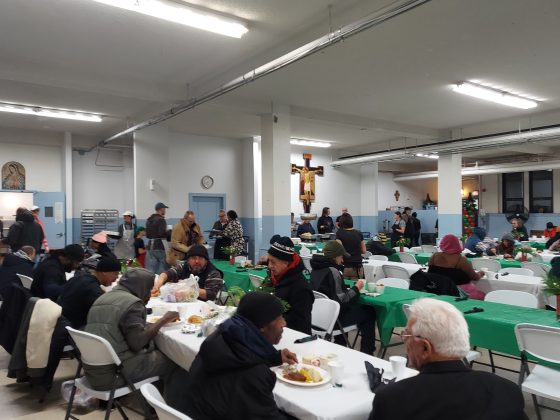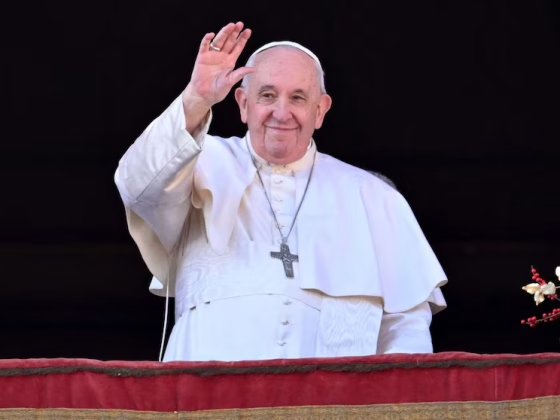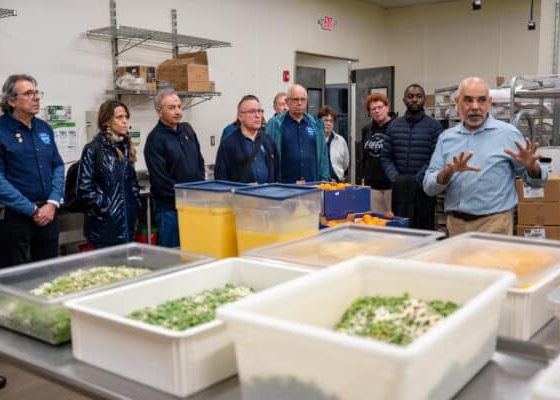The Rule informs us that the Vincentian virtue of selflessness is “dying to our ego with a life of self-sacrifice; members share their time, their possessions, their talents and themselves in a spirit of generosity.” [Rule, Part I, 2.5.1] To share generously is surely virtuous behavior, but as St. Vincent always emphasized, it is the internalization of virtue that is most important.
True selflessness is more than simply sharing. As St. Louise explained, in order for our service to be pleasing to God, it must proceed from a good heart, with no thought to our own pleasure in giving, or to our own reputations. Without this self-denial, “our actions are empty noise. In them there is only self-love; and such self-love banishes the pure love of God…” [Sp.Writings, 536]
Bl. Frédéric echoed this notion of self-love driving out God’s love. He explained that there are two kinds of pride: to be overly satisfied with ourselves, and to be consumed with our own shortcomings, even to the point that we fail to act because we believe ourselves inadequate. “Thus,” he wrote, “love grows weak and self-love hides beneath this trumped-up austerity of our regrets.” [160 to Lallier, 1837]
Recall that our Rule says that selflessness begins with “dying to our ego.” Ego is the Latin word for I. We die to ourselves. As the Apostle declared: “I have been crucified with Christ; and it is no longer I who live, but it is Christ who lives in me.”
The opposite of selfless, then, is not selfish, but self!
Our success, our money, our comfort, however great or small, are God’s gifts to us. As the story of the rich young man illustrates, it can be devastatingly difficult to give them away; so difficult, in fact, that even Christ’s disciples wondered how anybody could make it to heaven.
But beyond our possessions, our very selves are also God’s gift, and also are meant to be given away. Selflessness, as St. Louise expressed it, is to give “Him my full consent to operate in me by His power whatever He willed to see accomplished.” [Sp. Writing, 270]
Virtue begins with doing but ends with being. By emptying ourselves of self, we empty ourselves also of the doubts that can keep us from doing God’s will. We cannot will ourselves into heaven. We can only seek to make God’s will our own, and for God all things are possible.
Contemplate
What am I hanging onto? What am I keeping to myself?




Where and how do I get help with this. I believe I am stuck in the underlying part.